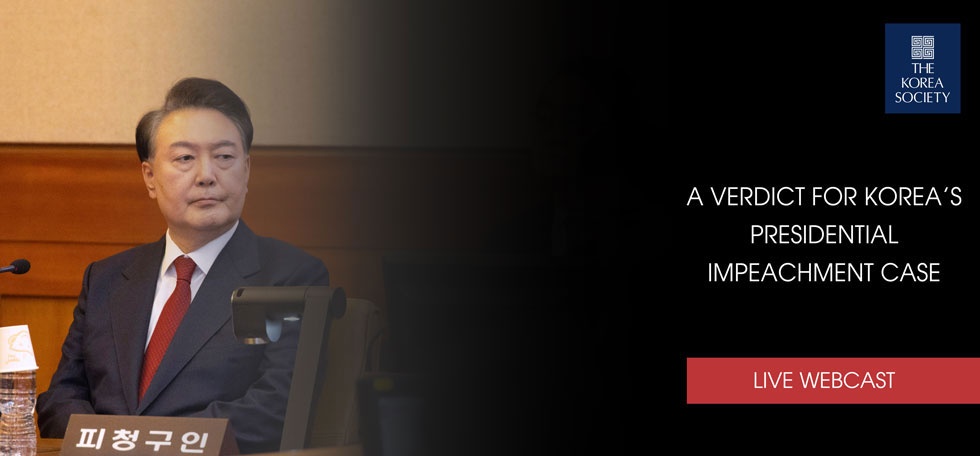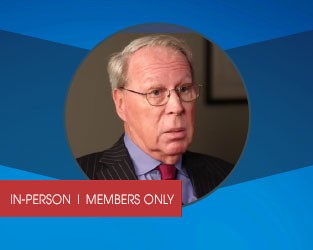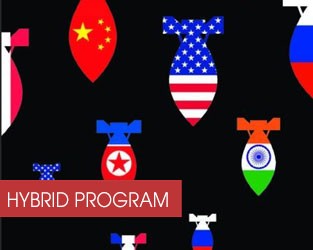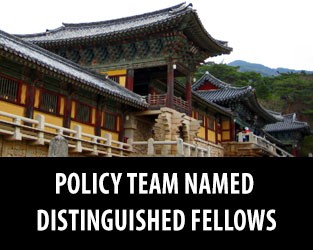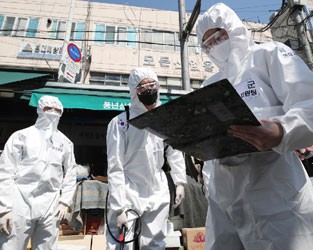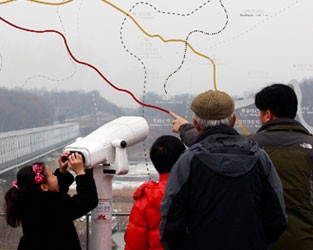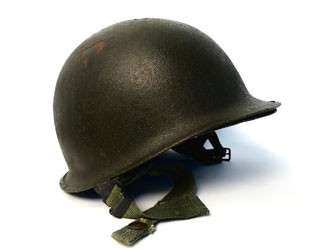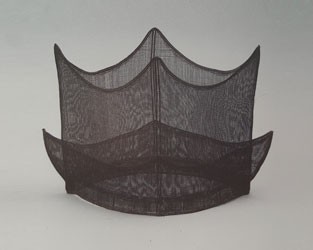![]()
A Panel Discussion
When the New York Philharmonic became the first American orchestra to play in North Korea on February 26, 2008, decades worth of Cold War reality was stood on its head. With the stars and stripes standing on stage, the 1500 North Koreans in the audience stood at attention as the musicians launched into America's national anthem.
A month later, four of those who orchestrated and covered the concert-Zarin Mehta, president and executive director of the New York Philharmonic; Daniel Wakin, culture reporter for the New York Times; Chuck R. Lustig, director of foreign news for ABC News; and Evans J.R. Revere, president of The Korea Society-gathered on a panel to share their behind-the-scenes observations of the event.
Mehta described how, hearing about the initial invitation to play in Pyongyang from a South Korean reporter, he laughed it off. When the offer was made formally, Mehta was wary. The Philharmonic is exacting about the arrangements for its concerts and the North Koreans are notoriously recalcitrant negotiators. Once preparations began, however, he found that the North Koreans were so eager to have the orchestra play that they made all necessary accommodations willingly.
When the orchestra members arrived in Pyongyang, the North Koreans provided them and the accompanying press entourage with lavish accommodations. "I thought they were consciously trying to counter the common tropes of North Korea reporting, that it's cold, dark and food is scarce," said Wakin. "There was lots of food, the hotel was overheated and the lights were on everywhere." As he was constantly being observed by official minders, however, Wakin added that he was never quite sure what about his surroundings was real and what wasn't.
Lustig, who had made several previous visits to the country, found the officials he worked with to be accommodating as well. He felt that the North Koreans he and his crew dealt with genuinely wanted the event to be a success.
The high point of the event, for all the panelists, was watching the North Korean audience react to the New York Philharmonic's performance. Uncertain or hesitant at first, eventually the audience was transparent in expressing their appreciation of the music. Wakin said that tears welled up in his minder's eyes when the orchestra played Arirang. "I felt like at that point I really hit reality," he said.
Read the Press Release
Tuesday, April 1, 2008
The New York Philharmonic
A Panel Discussion
with
Zarin Mehta
President and Executive Director, New York Philharmonic
Daniel J. Wakin
Culture Reporter, The New York Times
Chuck R. Lustig
Director of Foreign News, ABC News
Moderated by
Evans J.R. Revere
President, The Korea Society

